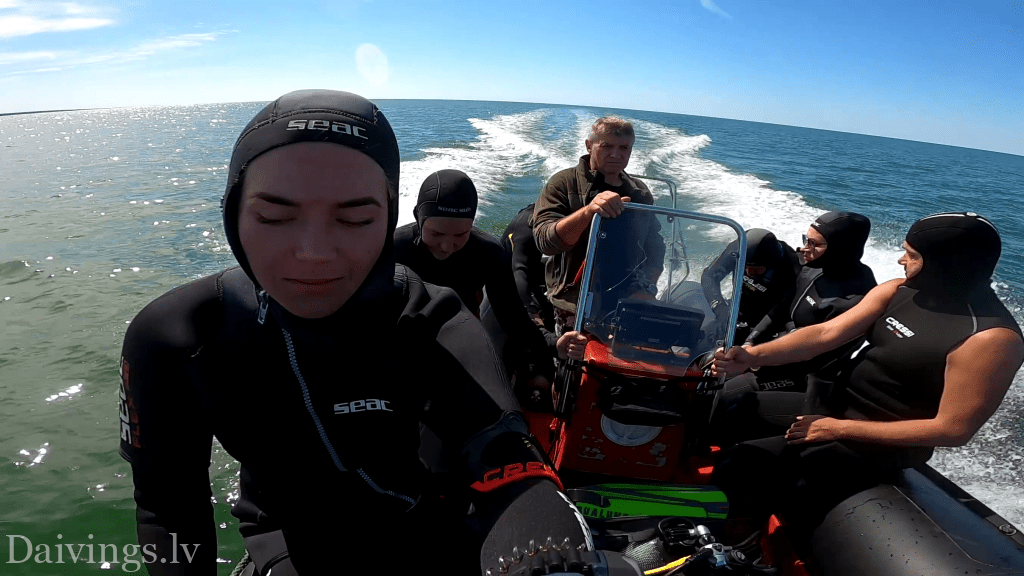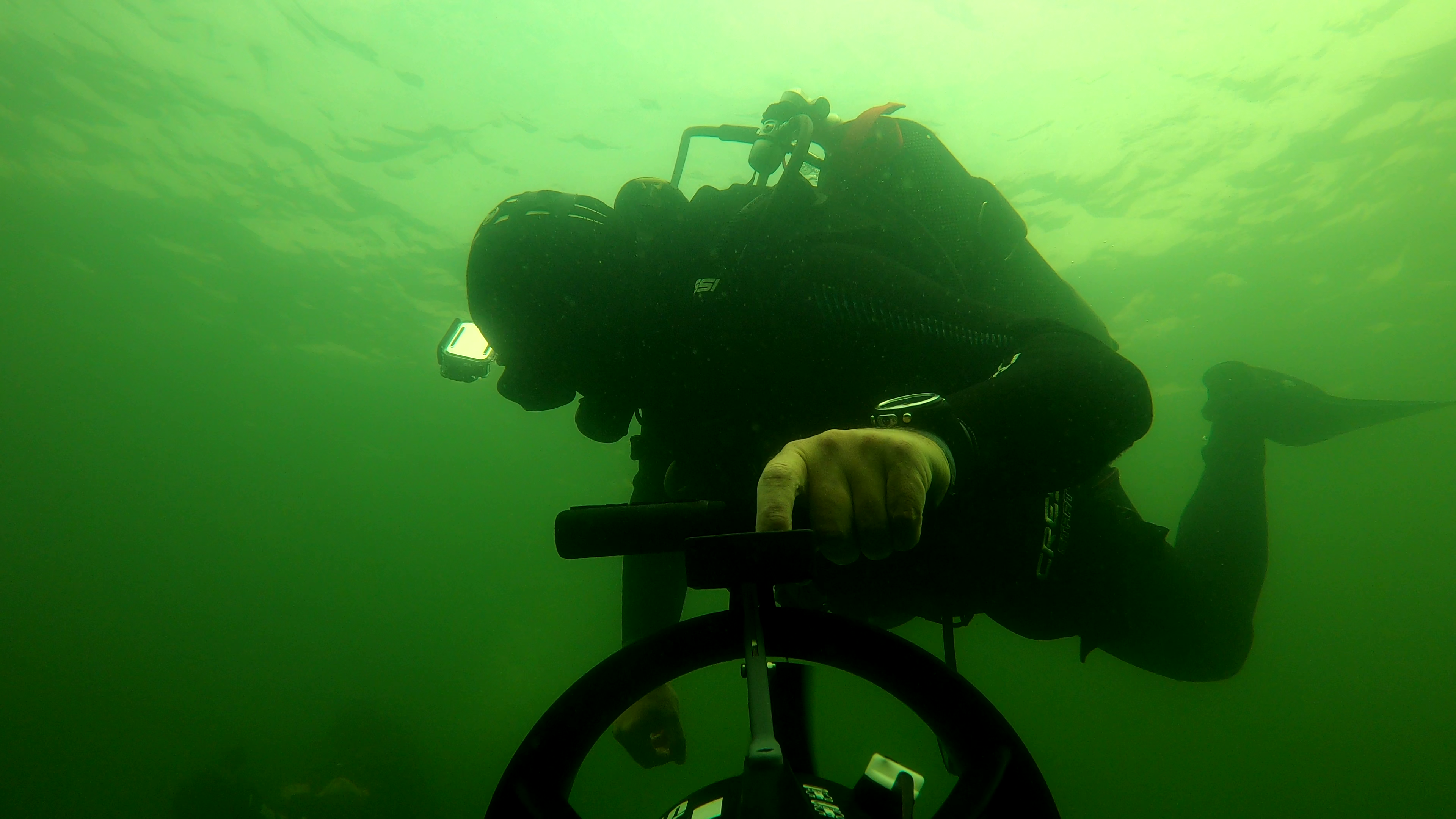This article on the different bad habits of scuba divers focuses on the 10 worst diving habits and the risks and dangers they cause. The Ten Habits review includes both an introduction, a summary, and a frequently asked questions and answers section. A summary of the important underwater safety points that are recommended to be understood and observed underwater diving club "Daivings", PADI instructor:
The most common bad habits in underwater diving:
- Skipping the security check: Not checking each other's equipment before diving can lead to serious problems underwater.
- Diving too deep: Ignoring depth limits and going beyond your training limits puts you at risk of decompression sickness.
- Harming underwater animals: It can harm the ecosystem, harm animals and potentially injure you.
- Poor buoyancy: Improper positioning and unnecessary movements waste air and make diving less efficient.
- Override Maximum Depth: Diving often has depth limits for a reason. It is important to follow them.
- Careless and too fast take-off: Surfacing too quickly after a dive can increase the risk of decompression sickness.
- Diver entanglement in nets or nets: Unmanaged cords can be a danger to yourself and others.
- Removing the mask and regulator from the mouth underwater: This can cause water inhalation and other problems.
- Overriding safety stops: These important pauses on the way up help your body safely rid itself of nitrogen.
- Ignoring events and surroundings: Ignoring your buddy, your dive plan, and your environment can lead to accidents.
Remember: Scuba diving is a fun and rewarding activity, but safety is paramount. Always follow proper procedures, respect your limits when diving, and be considerate of your surroundings and other divers.

Frequently Asked Questions (FAQ):
Q: What is the most important tip for safe diving?
A: Always prioritize safety. Double check your gear, stay within your limits and follow best practices when diving.
Q: What should I do if I accidentally dive too deep?
A: Ascent slowly and safely, following your dive computer and decompression charts. If you experience any symptoms, seek medical attention.
Q: How can I improve my buoyancy?
A: Practice proper weighting, trim adjustments, and body position. Consider taking a specialized course on buoyancy control.
Q: What should I do if I drop my mask or regulator underwater?
A: Stay calm, signal your buddy, and practice the emergency procedures you learned during your dive training.
Q: Where can I learn more about safe diving practices?
A: Take certified diving courses, consult with diving professionals, and use trusted resources such as PADI or Scuba Diving Magazine.
By following these simple tips, you will be able to ensure a safe and enjoyable diving experience for yourself and others.
More information:
- Daivings: Safety check before diving in
- Take a certified diving course to learn proper diving practices.
- Consult diving professionals for advice and recommendations.
- Use trusted resources to learn more about safe diving, such as PADI or Scuba Diving Magazine.
Remember: Safety is the most important thing in diving!

